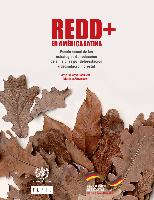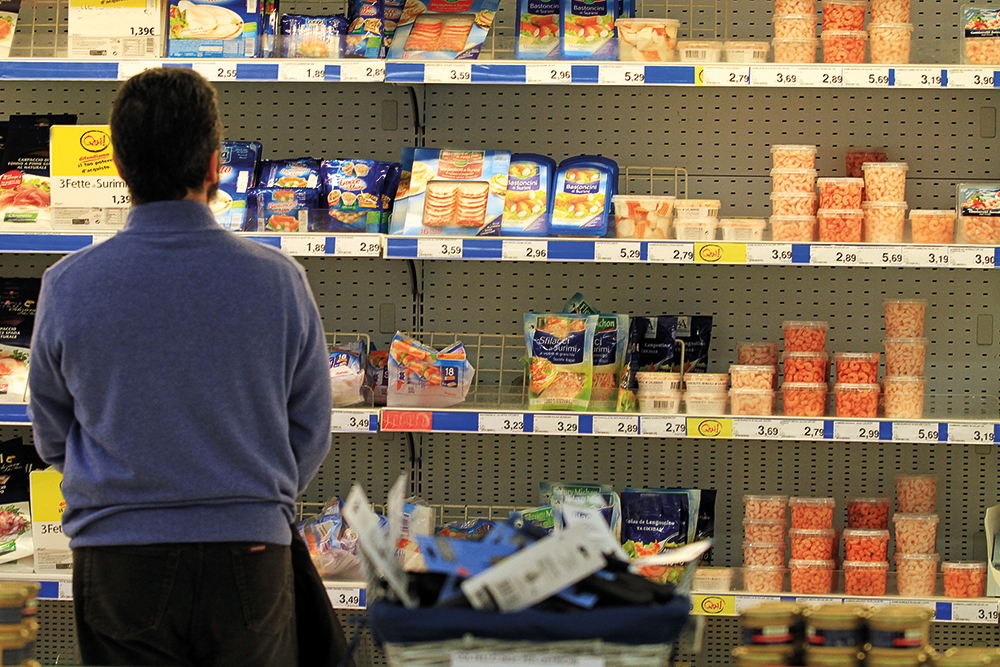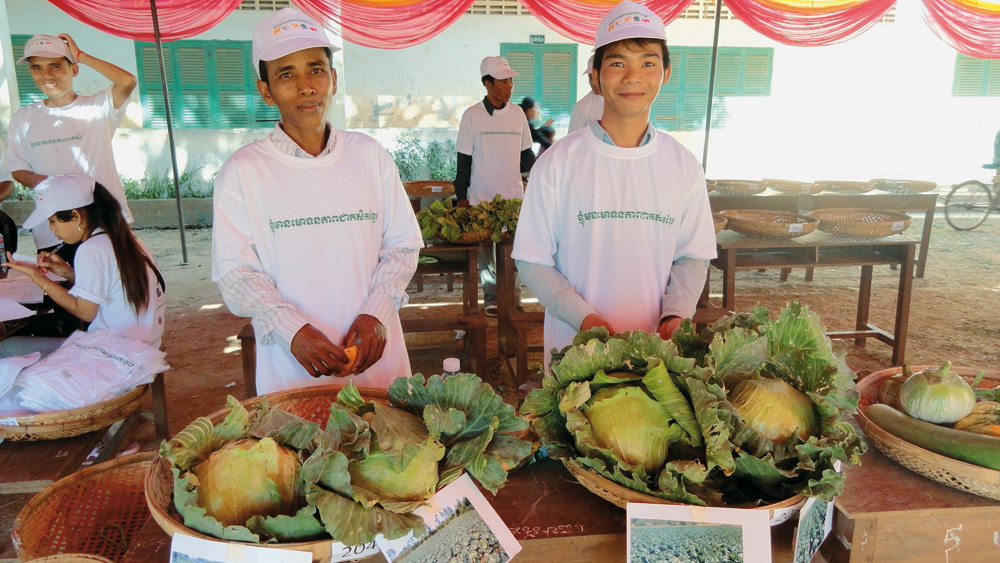Location
As a service provider in the field of international cooperation for sustainable development and international education work, we are dedicated to shaping a future worth living around the world. We have over 50 years of experience in a wide variety of areas, including economic development and employment promotion, energy and the environment, and peace and security. The diverse expertise of our federal enterprise is in demand around the globe – from the German Government, European Union institutions, the United Nations, the private sector, and governments of other countries. We work with businesses, civil society actors and research institutions, fostering successful interaction between development policy and other policy fields and areas of activity. Our main commissioning party is the German Federal Ministry for Economic Cooperation and Development (BMZ). The commissioning parties and cooperation partners all place their trust in GIZ, and we work with them to generate ideas for political, social and economic change, to develop these into concrete plans and to implement them. Since we are a public-benefit federal enterprise, German and European values are central to our work. Together with our partners in national governments worldwide and cooperation partners from the worlds of business, research and civil society, we work flexibly to deliver effective solutions that offer people better prospects and sustainably improve their living conditions.
Members:
Resources
Displaying 226 - 230 of 340REDD+ en América Latina. Estado actual de las estrategias de reducción de emisiones por deforestación y degradación forestal
Uno de los temas de negociación en la Convención Marco de Naciones Unidas sobre Cambio Climático (CMNUCC) que ha atraído una atención preferente de los países de América Latina es el que dice relación con la instalación de un mecanismo, dentro de este convenio internacional, que pudiera movilizar recursos financieros para hacer frente a los procesos de deforestación y degradación que ocurren en los bosques del mundo, particularmente en las naciones en desarrollo, incluyendo actividades de conservación y/o el aumento del stock de carbono de la masa forestal.
Women – the untapped potential for food security
Despite the crucial role of women in family farms and small-scale agriculture, gender inequality is still present in many ways – jeopardising the food and nutrition security of millions of people.
Tangible sustainability
Family farms are often associated with greater sustainability. But the definition of sustainability is a highly disputable topic. The School of Agricultural, Forest and Food Sciences (HAFL) in Switzerland has developed a method enabling a more objective evaluation of sustainability in agriculture. Response-Inducing Sustainability Evaluation (RISE) covers ten sustainability indicators and supplies the foundation for agricultural advice.
Farmer-to-farmer knowledge exchange
Innovation takes place not only in laboratories, and disseminating knowledge need not depend on classrooms. The Cambodian GIZ project “Best Farmer 2012” is an example of how achievements of small-scale farmers can be appreciated and their co-farmers can simultaneously benefit from new insights.
Rural advisory services – back on the development agenda!
Over the last few decades, the range of agricultural extension and advisory services as well as the notions of which tools and methods are most suitable have seen fundamental changes. Our authors give an overview of old and new approaches, showing what we already know and where there is a need for more information.






